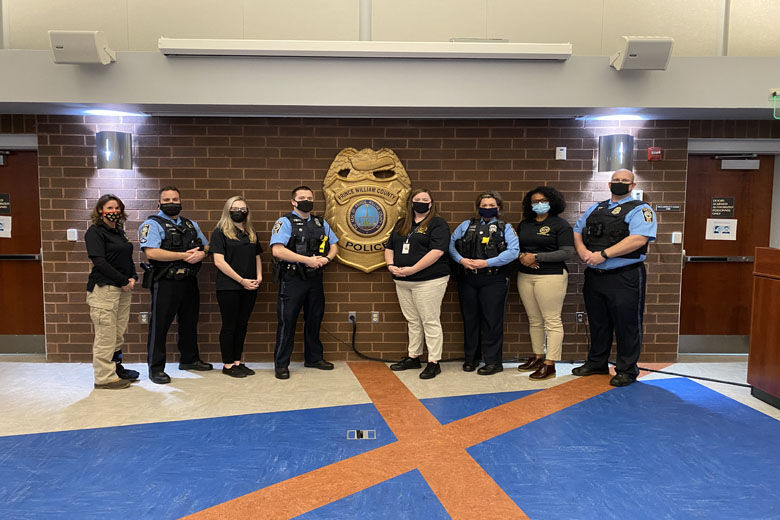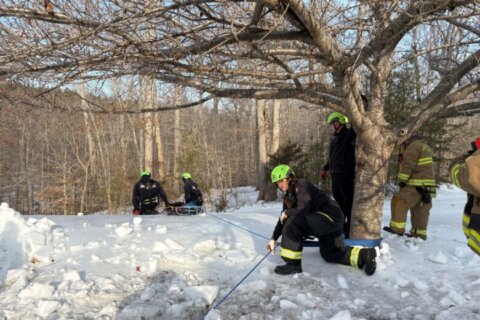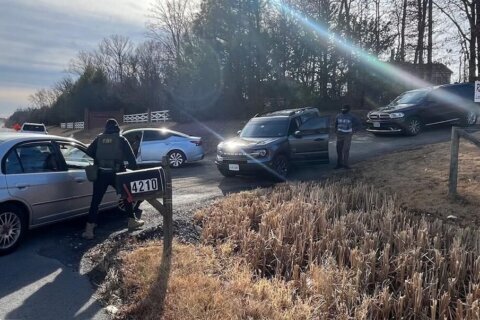
The Prince William County, Virginia, Police Department’s co-responder unit has responded to more than 300 calls so far this year and is set to double in size this month, after the county’s board of supervisors approved additional funding in its annual budget.
The program, which launched in November, pairs police officers with clinicians to respond to calls “involving somebody in some form of crisis,” said county police Lt. Michael Day. From Jan 1. to May 31, those units have been dispatched to 376 calls, totaling 489 hours and 32 minutes.
When the program first launched, it had three police officers, three clinicians and a clinician supervisor. For fiscal year 2022, the county supervisors approved funding for three additional officers, three more clinicians and a police department supervisor.
The expansion comes as several police departments in the region work to determine the best way to respond to mental health-related calls. In Frederick, Maryland, a pilot program underway this month pairs a mental health professional with an EMT or paramedic and a police officer. Last month, Howard County launched an initiative that will divert mental health crisis calls from police to crisis counselors.
In D.C., officials are working to similarly direct such calls away from police and to mental health experts instead.
In Prince William, the program has been well-received, Day said. While it has helped officers respond to other calls for service, he said, it’s also beneficial to have clinicians sent to homes, where many people are most comfortable.
In a recent case, a unit was sent to comfort a mother and young child after a family member took their own life.
“That’s a win, to be there for the individuals,” Day said. “Whatever form of crisis they’re in. Don’t take [the program] for granted. We’re expanding because the demand is there.”
The program pairs an officer trained in crisis management with a master’s-level clinician. Day said dispatchers can choose to include a co-responder unit, or the unit itself can determine whether its services would be helpful in a given situation. And sometimes, community members can request a co-responder unit directly.
Day said the program also features an outreach component, in which officers may not feel the co-responder unit is needed immediately, but would recommend someone follow-up based on the situation.
“That’s the proactive piece, where we’re really trying to prevent something from happening,” Day said. “We’re really trying to reduce the recidivism of the encounters with individuals. If we can reduce the number of times an individual has to have interaction with the police department, that’s a win.”
And given the demand, Day said he could envision the department continuing to grow.
“The Board of County Supervisors didn’t make a snap judgment to just expand this year,” Day said. “We had to supply the data, we had to show everything we’re doing, because the demand is so large with the calls for service. There’s so much more that we could be doing, that we want to do. We need those bodies to do it.”








